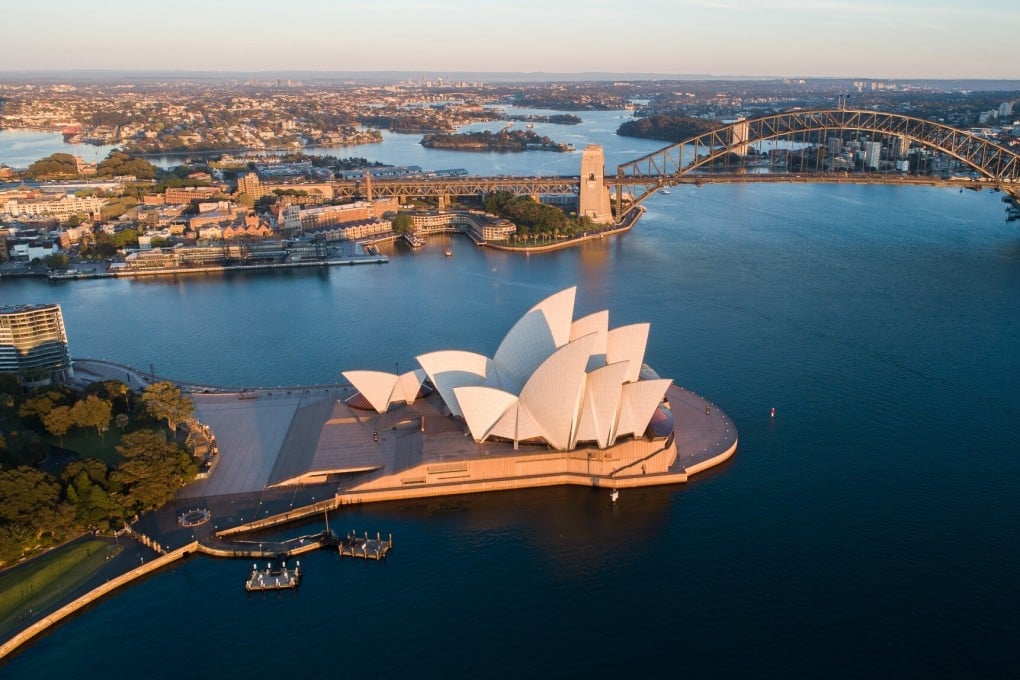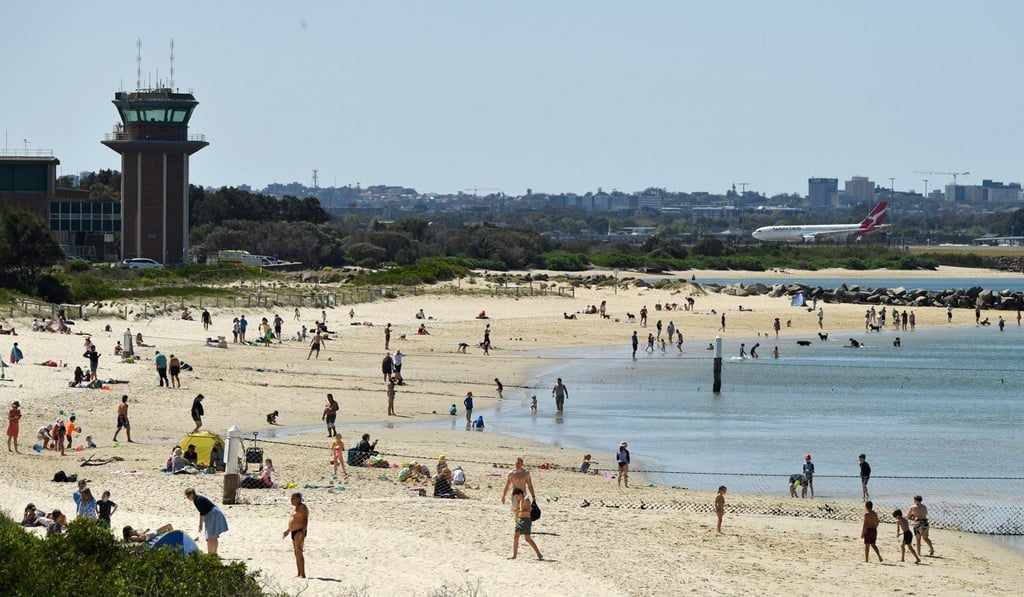Coronavirus: Australia plans Christmas border reopening; Philippines’ Duterte slams ‘selfish’ rich nations at UN for hoarding vaccines
- The Philippines’ vaccination campaign has been plagued by shortages and delivery delays since it began in March
- Elsewhere, New Zealand ‘may not go back to zero’ cases, says health chief; India readies roll-out of world’s first DNA-based vaccine

Australians will be able to travel abroad, with no restrictions on the destination, once the vaccination rate in their respective home state hits 80 per cent, Tourism Minister Dan Tehan said at a National Press Club of Australia event on Wednesday.
Australia’s borders have been mostly shut to non-citizens and non-residents since March 2020.

“People will be able to freely travel outside Australia with no restrictions” under the national plan governing the country’s emergence from Covid-19, Tehan said. Australians would still be subject to rules governing the countries they visit.
The government is exploring opening travel bubbles with several countries to reduce quarantine time, and hopes home quarantine will be operational before Christmas, Tehan said.